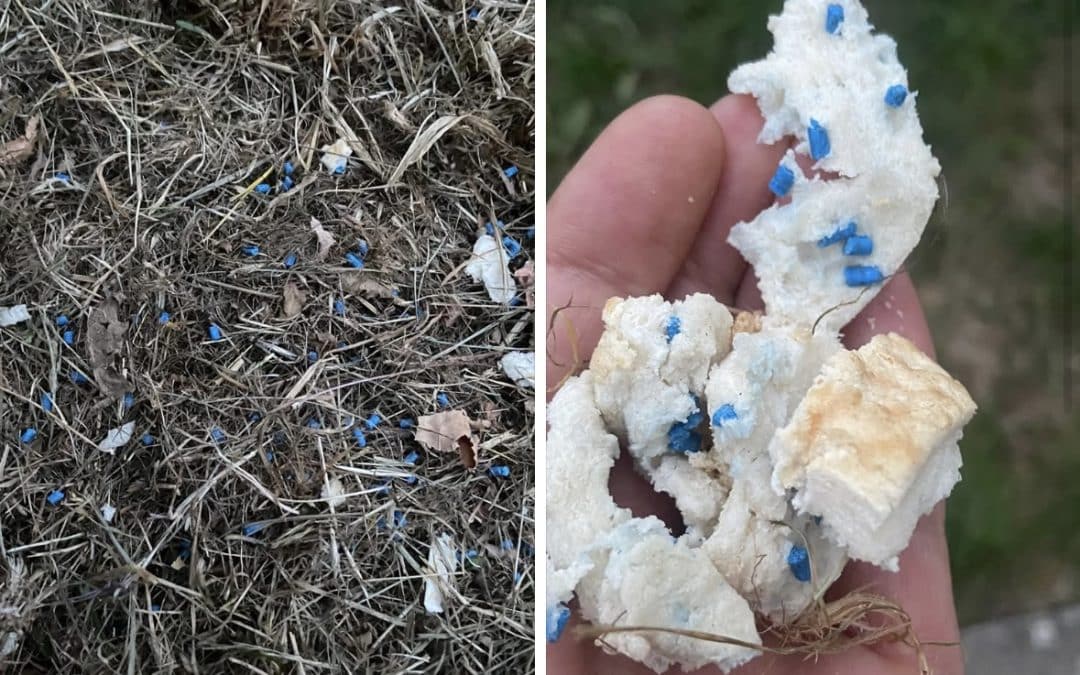Dog walkers and other pet owners are being asked to remain vigilant, after rat poison was found in one area of Hereford.
The warning was shared on social media by a local resident this morning.
The poison is said to have been found on a roundabout in the Hunderton area of the city.
A post said:
“Just to warn people, someone has put rat poison on the roundabout in Hunderton area so just be careful.”
From the PDSA:
There are several different types of rat poison and unfortunately, they are all harmful to dogs.
Rat poisoning usually happens when your dog eats the poison directly, but is also possible if a dog eats a rat or mouse that has been poisoned (this is called secondary poisoning).
The most common type of rat and mouse poison used in the UK is:
Anticoagulants which prevent the blood from clotting leading to internal bleeding.
Other types of poisons include:
Cholecalciferol (vitamin D3) which causes sudden kidney failure and heart problems.
Bromethalin which causes brain swelling.
Zinc and aluminium phosphides which release toxic gas once in the stomach and stop cells from making energy, ultimately causing damage to the heart, brain, kidney and liver.
Strychnine which causes muscle spasms, paralysis and death.
Alphachloralose poisons which are becoming increasingly popular and have a negative effect on the central nervous system (brain and spinal cord).
Symptoms of rat poisoning in dogs
Symptoms of rat poisoning depends on how much, and the type of poison the dog has eaten.
Symptoms of internal bleeding from an anticoagulant poison can include:
Nose bleeds
Bleeding from the gums or pale gums
Blood in the wee
Blood in the poo (red or black poo)
Bruising
Symptoms of other types of rat and mouse poisons can include:
Walking as if they are drunk
Increased drooling
Appearing blind
Muscle tremors
Paralysis
Coma
Bloated tummy
It is important to remember that there can be a delay in how quickly your pet shows signs after eating some types of poisons, which can vary from minutes to up to ten days.
Bleeding is not always obvious especially if it is happening inside the abdomen, chest, lungs, joints or gastrointestinal tract.
If you suspect your dog has eaten poison, contact your vet straight away, don’t wait for symptoms to appear.
More details – https://www.pdsa.org.uk/pet-help-and-advice/pet-health-hub/conditions/rat-poisoning-in-dogs

